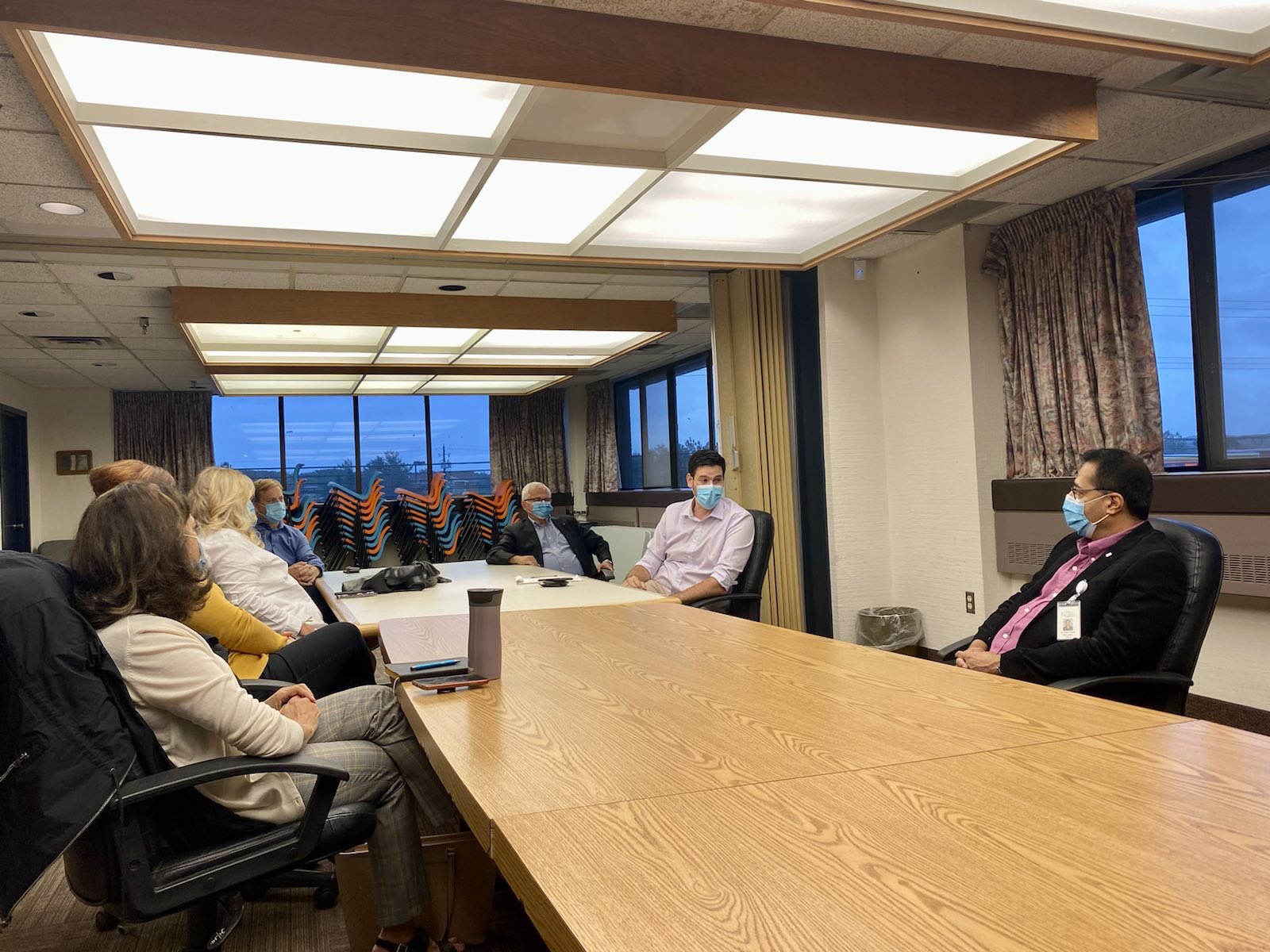Ottawa: To address the challenge of shortage of medical staff and ensure more foreigner doctors become permanent residence, Canada’s Immigration Minister Sean Fraser announced that IRCC is exempting physicians, who work in a fee-for-service model with public health authorities, from current requirements.
He said that before today, the federal Express Entry system excluded many self-employed doctors from applying for Permanent Residency. Going forward, we will exempt physicians from this rule, which will open up a pathway for those who are here temporarily to stay for the long-term.
In a tweet, the minister said, “Too many people don’t have access to a family doctor. Today, after a meeting with some of our local doctors in New Glasgow, I announced an important change to our immigration system that will makes it easier for foreign-born doctors to obtain permanent residency in Canada.”
The decision came after a meeting with family physicians and Healthy Pictou County at the Aberdeen Hospital, the Honourable Sean Fraser, Minister of Immigration, Refugees and Citizenship announced changes to make it easier for foreign-born physicians to remain in Canada, so they can continue to practice in Canada and bolster our health care system.
“I announced an important change to our immigration system that will makes it easier for foreign-born doctors to obtain permanent residency in Canada.
Before today, the federal Express Entry system excluded many self-employed doctors from applying for Permanent Residency. Going forward, we will exempt physicians from this rule, which will open up a pathway for those who are here temporarily to stay for the long-term,” the minister said.
The minister said that some physicians have faced barriers in accessing permanent residence through, Canada’s flagship programs for skilled workers managed under the Express Entry system, as the “fee-for-service” model used in Canada for health care professionals is outside of the traditional employer-employee relationship. As a result, some physicians are currently considered self-employed, leaving them unable to meet the eligibility criteria of the economic pathways for permanent residency.






